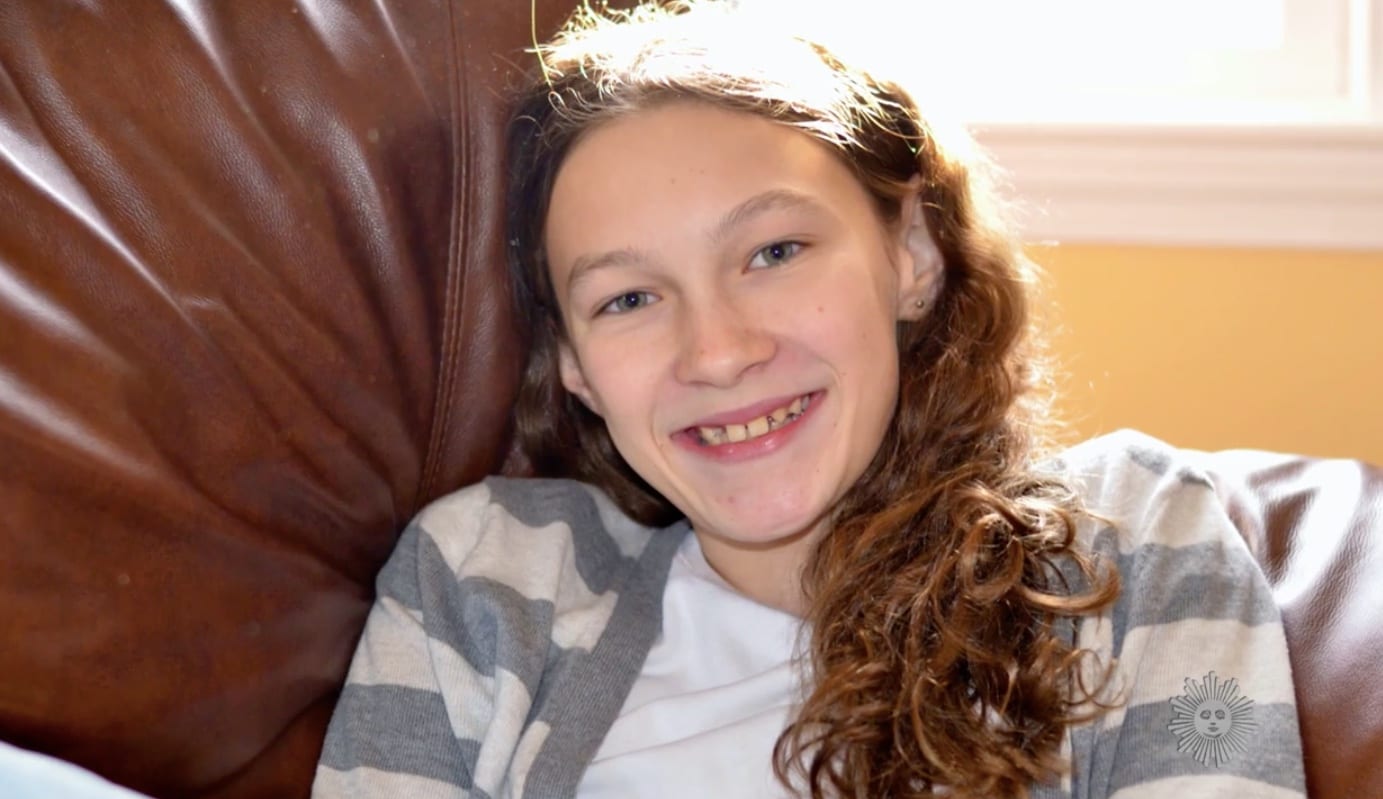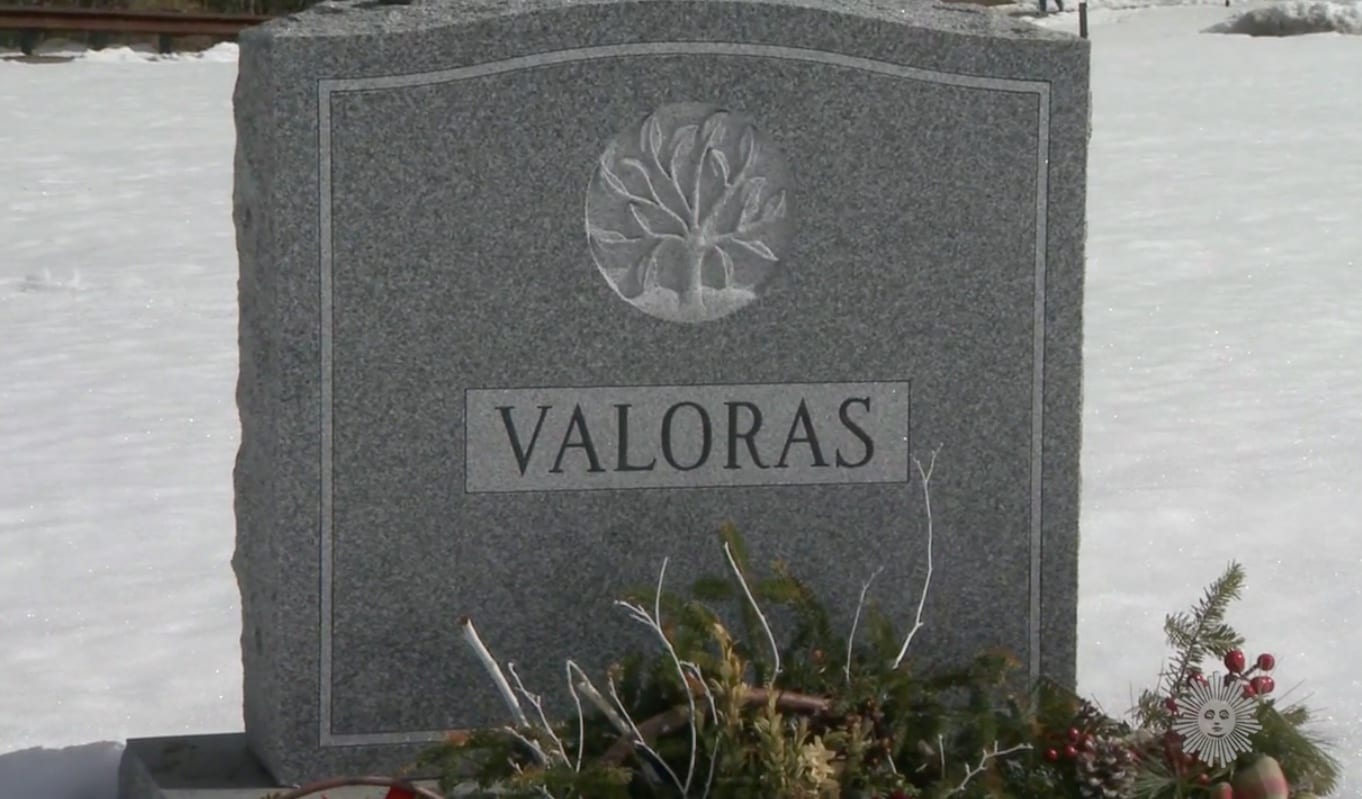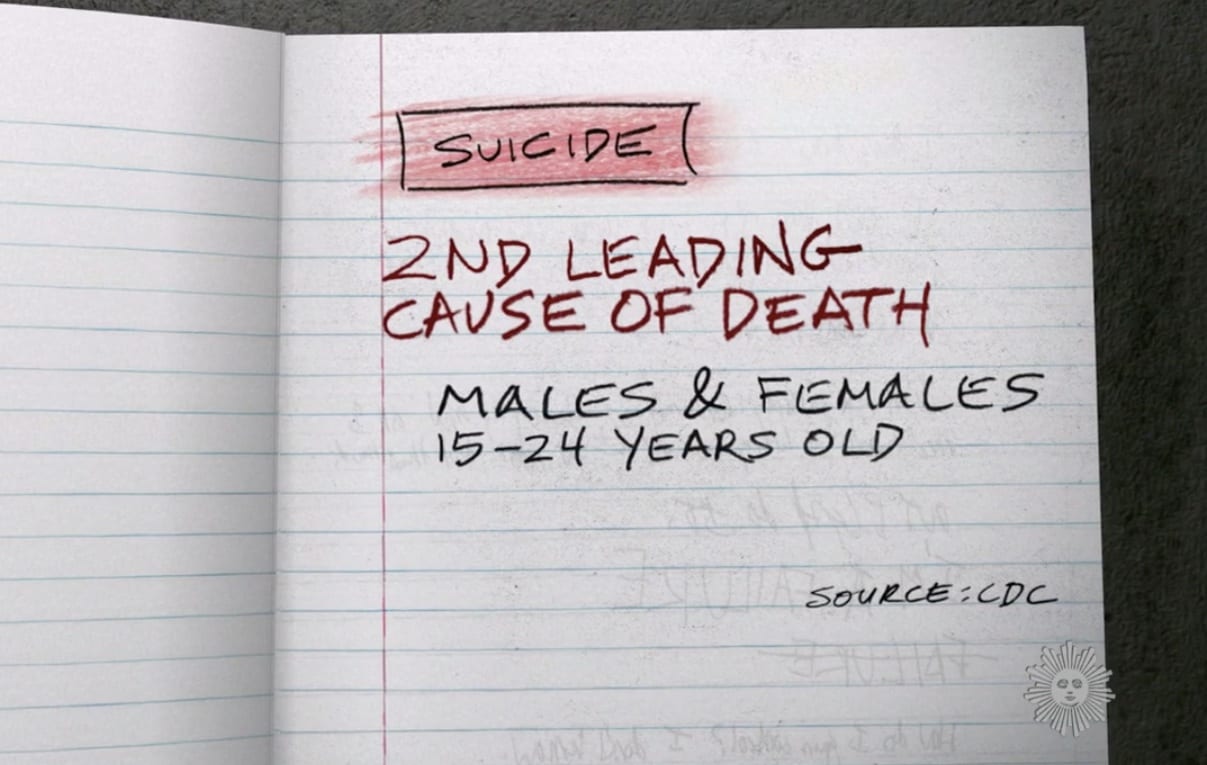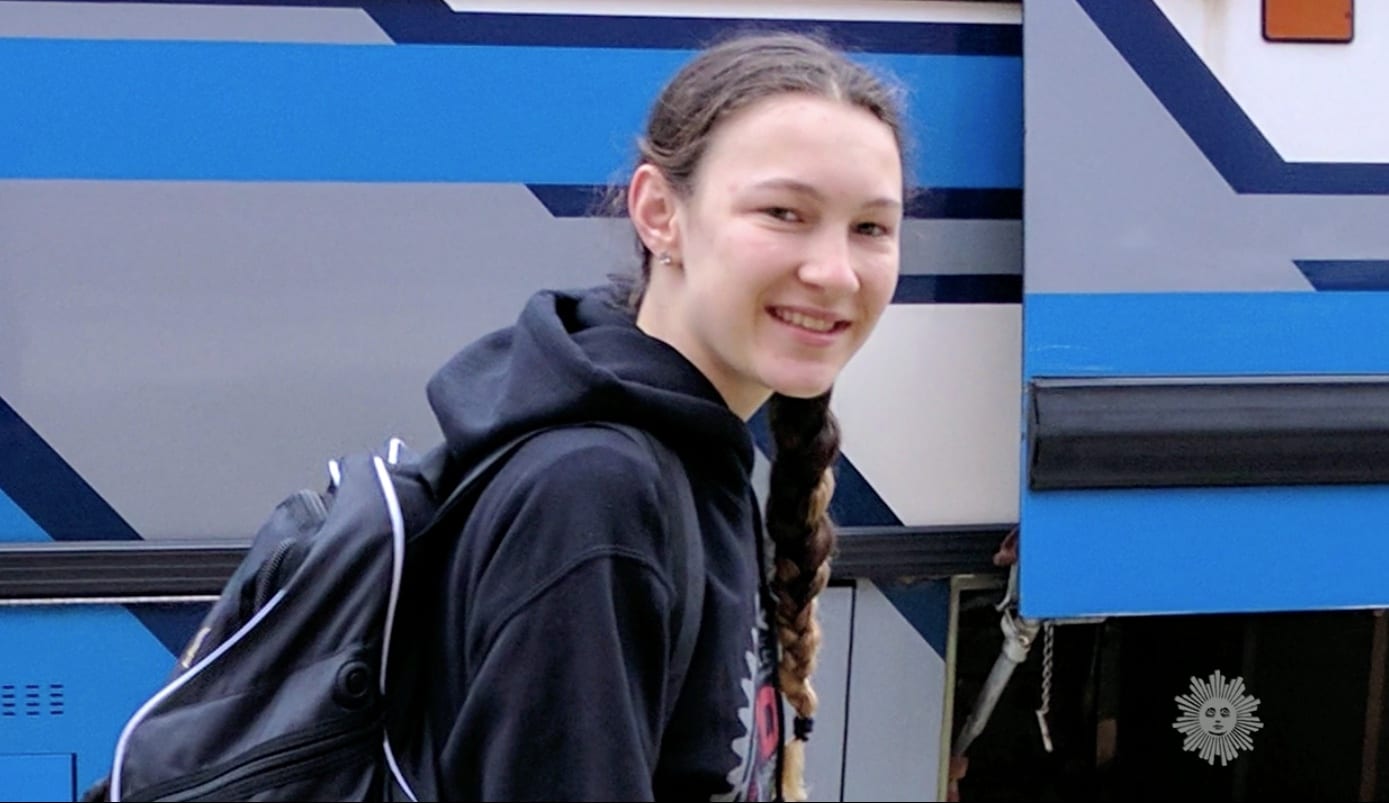“You are broken”
“You are a burden.”
“You are lazy.”
“You are a failure.”
This was the internal dialogue playing on infinite repeat inside the mind of 17-year-old Alexandra Valoras — the bright bubbly teen who was described by her mother Alysia as “happy,” “motivated,” and “so full of life.”

Tragically, this mental war that Alexandra was battling only became evident after she took her own life.
Over 200 pages of self-loathing messages scribbled throughout two journals told a much different story than her pleasant, happy-go-lucky demeanor reflected.

Driven by a need to be perfect and maintain an impossible standard, the theme running throughout Alexandra’s journals exposed how haunted she was by not measuring up.
Rather than seeing the beautiful, talented young woman she truly was, she could only define herself by one word: FAILURE.

“I don’t want this notebook to end, I love it more than myself (?) I need a place where there is no need for me to be perfect because I’m supposed to be perfect, no exceptions,” read one heartbreaking entry.

She was a straight-A student, robotics genius, and class officer who appeared to have it all together. Alexandra laughed uncontrollably, loved fiercely, and even had a good relationship with her parents — a rarity in the world of 17-year-olds.
But she was hiding a deadly secret that ultimately led to her untimely demise.
Only a few weeks after a ski vacation with her family, Alexandra made her bed and cleaned up her room as usual, and then proceeded to jump off of a highway overpass in Grafton, MA.
Her father, Dean Valoras, recalls the horrific moment when he found his lifeless daughter:
“I leaned over the embankment and looked down and I saw her. I was just hoping for warmth. But there was no warmth; there was none. And all the cars kept driving by. And my daughter’s on the side of the road. Nobody saw this. And she’s cold.”
Soon after, Dean and his wife Alysia discovered the disturbing journals amidst Alexandra’s belongings. The entries they found within shook them to their core.

The phrase “I’m not good enough” was also a recurring theme.
“These are things that we never heard,” said Alysia, shocked by the discovery. “There was just so much joy in everything she did, and it doesn’t match what was in the journal.”
“It doesn’t seem possible,” she added. “But it’s what reality was, because it’s written right there.”
Dean and Alysia replayed certain events involving their daughter in their minds, scratching their heads at how drastically her journal entries differed from what they witnessed of their lively young girl.

Alexandra seemed to have a blast when her parents took her to a concert by a Scottish rock group, but when she got home, her real thoughts came out on paper: “I hated it. I just wanted to be alone.”
Similarly, the teen seemed elated when her robotics team won at the regional competition, but her next journal entry reflected nothing of this excitement. Instead, it read: “I need an excuse as to why I’m doing poorly.”
“We were there that day, and she was so excited, but none of that made the journal,” shared Alysia.

One of the teen’s last entries was this message to her parents: “Don’t blame yourselves for not seeing warning signs.”
…But they can’t help but blame themselves for not knowing.
Alexandra’s teachers were equally shocked by her unsettling messages of despair, self-hate, and inadequacy.
“Her intellect, her candle power, where does that rank out of nine years’ worth of high school kids?” said English teacher Tim Freitas, “Number one or two absolutely.”
Frietas revealed that Alexandra had opened up to him about having a “hard time staying motivated,” but he regrettably attributed it to teenage angst.
“It’s always playing back, how would you do things differently now that the outcome has been seen,” said the teacher, who admits he’s still wrestling with feelings of guilt.
Alexandra’s closest friends Zoe Mahoney and Molly Turner also carrying around a burden of guilt for not noticing the signs.
“I think we all carry a little guilt,” said a teary-eyed Turner. “Because we all thought we knew her so well. And it’s like, how did I not see that?”
Mahoney had noticed that Alexandra was more stressed than usual, but she didn’t feel it was cause for concern. “With junior year, everyone’s stressed. It’s normal to stress,” she said.
While friends, family, and educators have scrutinized Alexandra’s painful words and all they thought they knew of her, they know it won’t bring back their beloved peer, daughter, and student.

Moving forward, it’s Dean and Alysia’s goal to spread awareness about mental health, in hopes it will help others spot the signs that they unfortunately missed.
They’re taking the crippling pain that most keep private, public in order to shed light on suicide prevention. By attending suicide prevention walks and telling Alexandra’s story in schools, they hope that can spare at least one family from the trauma they’ve experienced.
“There’s a lot of other kids out there that are like her, that are high achievers that are balancing a lot,” said Alysia. “That’s what makes her very relatable and why it’s affecting people and maybe why they’re listening because ‘I have a child like this too.'”
With suicide peaking at a 40-year high for 15 to 19-year-old females and ranking as the second leading cause of death for 15 to 24-year-olds, Alexandra’s story is certainly not an isolated incident.


The Valoras hope that in sharing the story of their daughter, maybe another family will be spared this trauma. The couple is already seeing a positive impact from their efforts.
Last summer, shortly after a public interview, they received the following anonymous note on their doorstep:
“What you have said in Alexandra’s article truly changed my life.”
“Knowing that families are talking to their kids about their mental health, it lets me know that she didn’t die in vain,” shared Alysia. “She’s having such a huge impact. And that feels really good.”
Written on March 18, 2008, Alexandra’s final entry carries a poignant message for those facing their own mental health battles or having thoughts of suicide:
“What I will miss by dying tonight. The possibility of anything getting better.”

If you’re struggling today, know that there is hope, there is help, and it will get better — if only you don’t give up the fight.
If you or someone you know is thinking about harming yourself/themselves or attempting suicide, reach out to someone who can help right away. Call the toll-free, 24-hour hotline of the National Suicide Prevention Lifeline at 1-800-273-TALK to be connected to a trained counselor at a suicide crisis center nearest you.

